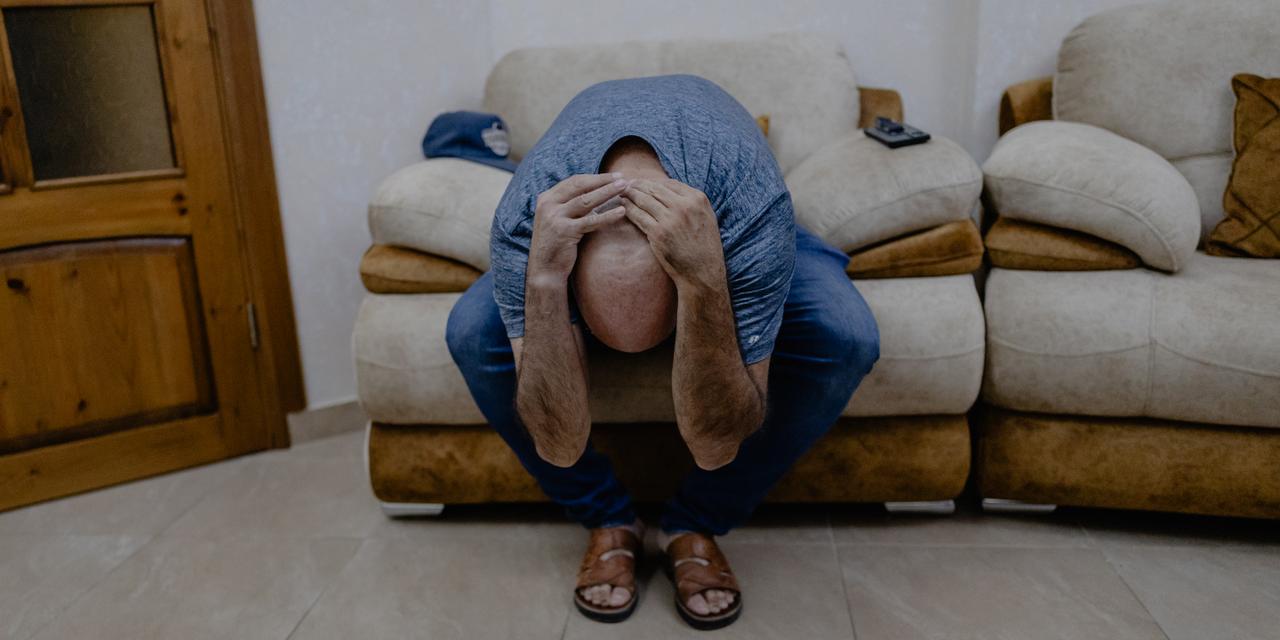


In Israeli prisons, hunger and torture are ever-present
Your storiesLe Monde has collected the accounts of three civilians from the West Bank who were detained for months without trial or judgment and subjected to food deprivation and regular beatings. Two years after the beginning of the war against Gaza, more than 11,000 Palestinians remain incarcerated in Israel.
A shopkeeper, a construction worker, a community leader: Three Palestinians from the occupied West Bank, three different backgrounds, united by the same traumatic experience. These men spent months, even years, in Israeli prisons under "administrative detention," meaning without trial or judgment and for a potentially unlimited duration.
Under this regime, which Israeli and international human rights organizations have condemned as a form of "incommunicado detention" or even "forced disappearance," they were never informed of the reasons for their arrest – nor the charges, if any, held against them. Fearing this arbitrariness, and terrified at the idea of being arrested again, all three agreed to speak only anonymously, identified as prisoner "M," prisoner "B" and prisoner "I," after the initials of their first names.
"To this day, I do not know why they arrested me. I kept saying to them, 'But tell me what I did?' But I never got an answer," recounted the group's community leader, prisoner "I." Well-off and educated, an owner of businesses in information technology and the automotive sector, he said he had wanted to get involved in public life. "I think that's why. The Israelis want 'their people' in the West Bank, they do not want educated people." Arrested two weeks after the Hamas terrorist attack on October 7, 2023, prisoner "I" was released at the end of September. He was unrecognizable.

You have 83.2% of this article left to read. The rest is for subscribers only.
